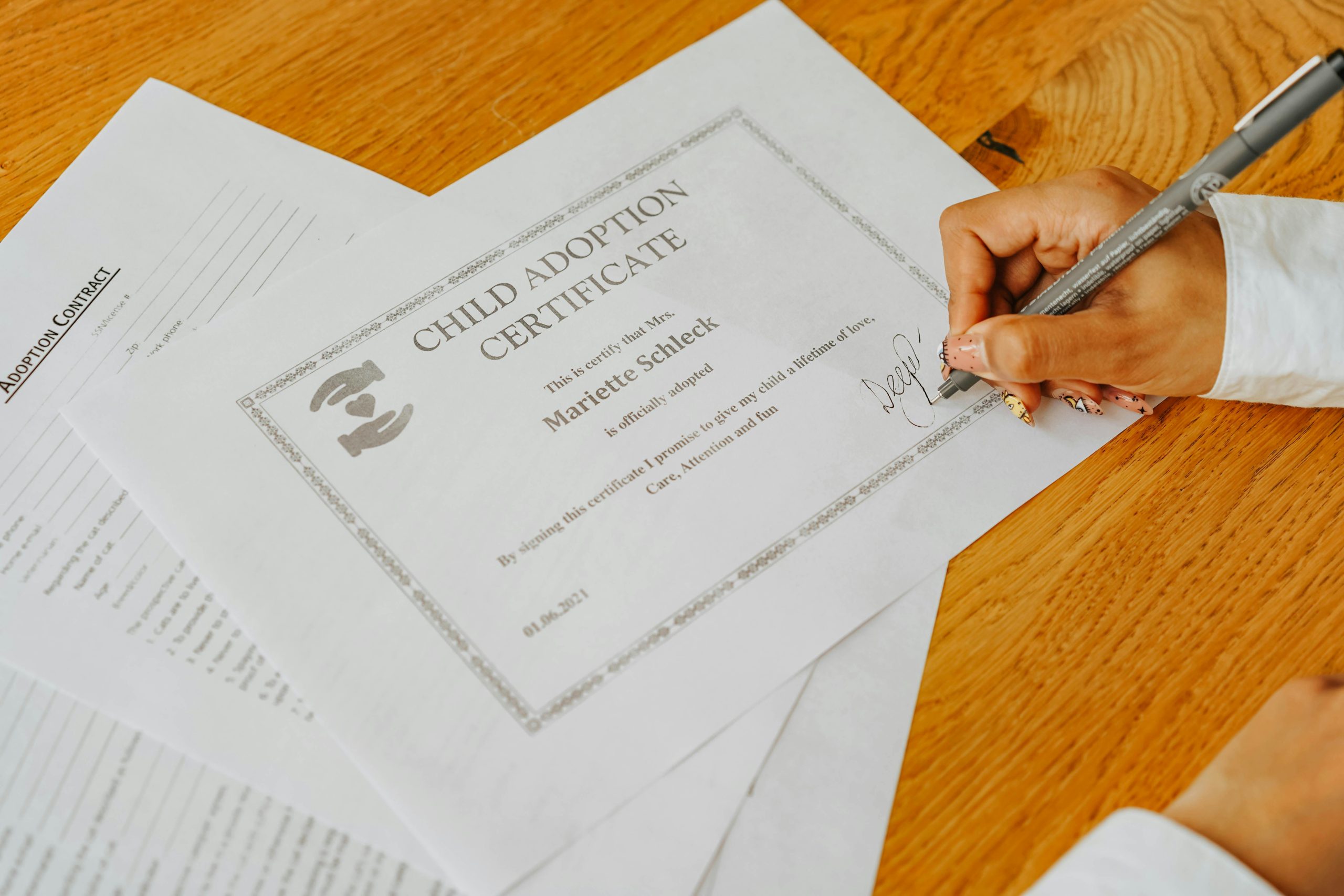Handling Ceiling Leaks in Rental Apartments: A Guide for Tenants
Dealing with unexpected property damage can be stressful, especially when it involves leaks in your rental unit. Recently, a tenant staying in an Atlanta student apartment faced a ceiling leak caused by severe weather. This case highlights important steps you can take and considerations for resolving such issues effectively.
Scenario Overview
The tenant, currently in Atlanta for an internship, noticed water seeping from the ceiling in their apartment. Promptly notifying property management, they observed that recent heavy storms had compromised the apartment’s ceiling. The leak was significant enough to cause water damage over a container placed beneath the leak, and unfortunately, personal belongings nearby, including an iPad, were also damaged.
Property Management Response
Initially, the tenant’s concern was about reimbursement for damaged personal items. The management team acknowledged the leak but suggested that the tenant should file a claim with their personal renter’s insurance if they sought compensation for damages. The management did not offer to cover the damages directly, citing the absence of a policy or obligation to do so.
Key Considerations for Tenants
-
Document Everything: Always take photos and detailed notes of the damage and communicate promptly with management. This creates a record that can support any claims or disputes.
-
Report and Follow Up: Notify your landlord or property management immediately when leaks or damages occur. Keep a record of all communications.
-
Understanding Insurance Responsibilities: Typically, tenants are advised to contact their renter’s insurance for personal property damage due to leaks or water intrusion. However, damages to the physical structure or fixtures are usually the landlord’s responsibility.
-
Liability and Recommendations: If the landlord’s negligence or failure to maintain the property caused the leak, you may have grounds to seek compensation or repairs through a tenant rights organization.
-
Proceeding with Reimbursement: Before filing a claim with your renter’s insurance, review your policy and consider the deductible. For minor damages, it might be more cost-effective to request direct reimbursement from the landlord, especially if the damage is clearly caused by the landlord’s failure to maintain the property.
Final Advice
In situations like this, clarity and communication are key. While it’s typical to be advised to use your insurance for personal property damage, tenants should also understand their rights regarding structural damages and ensure that property management fulfills their maintenance obligations. If you believe the landlord is responsible for the damage and their response is insufficient, consulting a local tenant rights organization or legal



